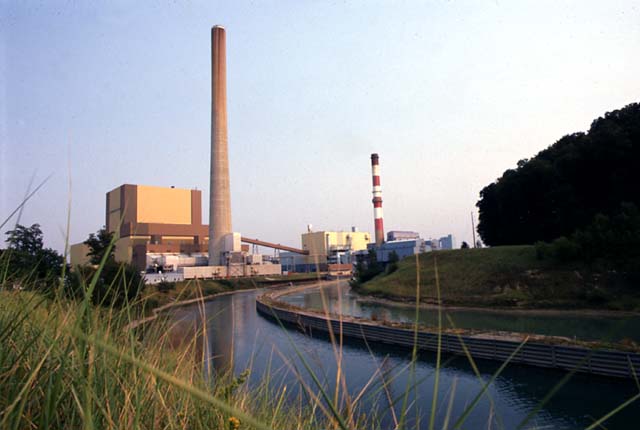The experts tell us: “A problem emerging almost everywhere is the lack of diversity in dispatchable generation resources, a problem that will intensify as the remaining coal-fired generation fleet retires in the coming decades. Gas-fired power acts as a wonderfully effective balancing resource to wind and solar, but excessive reliance on it erodes this reliability benefit… an era of load growth combined with an era of routine reliability scares and load-shedding events is possible. The costs of this path should not be underestimated. Beyond the obvious and dangerous effect on households suffering through winter storms in the dark, vast new implicit costs would be placed on businesses as they adapt operations and investments to electric unreliability. The downstream negative impact on U.S. economic vitality would be immense.”[1]
Coal is the best complement to gas to provide baseload capacity; each has features which offset weaknesses of the other. Coal is especially important in winter when gas is in high demand for heating: “overreliance on natural gas may produce an energy shortage … this winter — when regional natural gas usage peaks as people warm their homes during the frigid winter months.”[2]
China wisely is sticking with coal to maintain energy security: “China’s state planner underlined a greater role for coal in its power supply on Sunday, saying the fossil fuel would be used to improve the reliability and security of its energy system.“[3] Meanwhile, the USA foolishly proceeds down a path of rapid closure of coal plants which endangers our energy security. This puts China at a distinct advantage in manufacturing, which Michigan should be concerned about as well: “experts have argued that China’s rapid economic growth, combined with the unreliable and intermittent nature of renewable energy sources has kept coal as a critical fallback option for the manufacturing focused economy.“[4]
Ottawa County therefore needs to keep its Campbell coal plant as well as its gas plant for energy security, and it is important that we have them based in the county where we have the legal tools as a county to control them.
Michigan law vests the County Board of Commissioners with significant powers over electric utilities even without county charter status.[5] But it especially empowers the county over electric utilities if we have county charter status.[6] A charter county can regulate county electric in place of the Michigan Public Service Commission, and it even has the power to municipalize the Campbell plant.
As a county, will we choose to use the legal tools available for our energy security?
[1] https://www.csis.org/analysis/winter-reliability-growing-not-passing-problem
[2] https://www.masslive.com/news/2022/09/natural-gas-dependence-puts-mass-in-danger-of-winter-energy-shortage-officials-say.html
[3] https://www.reuters.com/business/energy/china-underlines-key-role-coal-amid-energy-security-drive-2023-03-05/
[4] https://www.cnbc.com/amp/2024/04/15/china-boosts-global-coal-power.html
[5] https://www.legislature.mi.gov/(S(mjvru145ok0j2t45djc2hyer))/documents/mcl/pdf/mcl-Constitution-VII.pdf
[6] https://www.legislature.mi.gov/Laws/MCL?objectName=MCL-45-515
